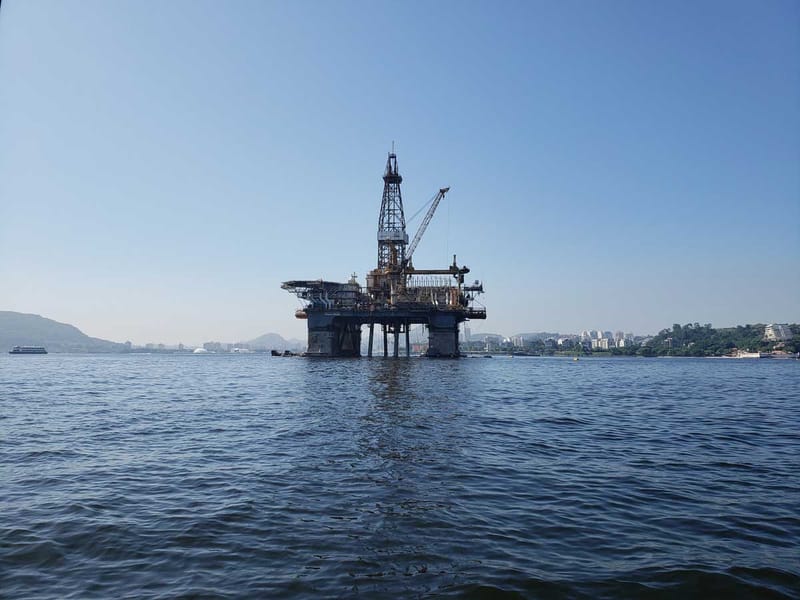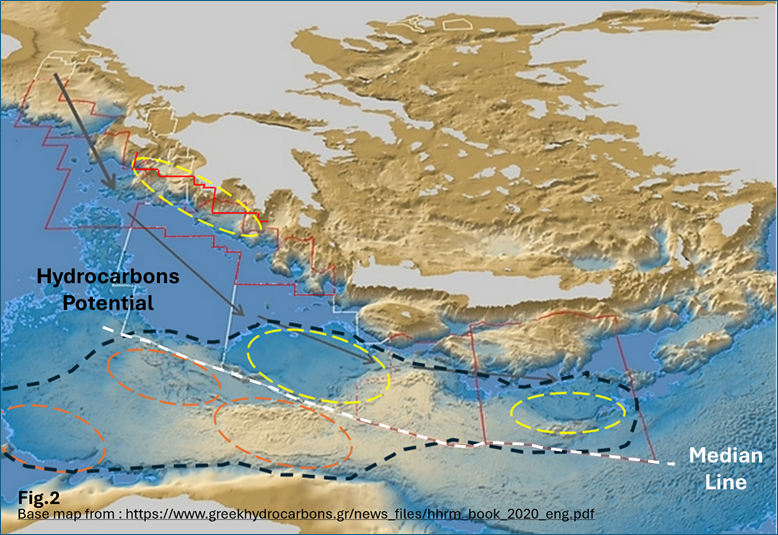Greece Extends Its Energy Corridor Influence Across the Mediterranean

Since 2010, efforts to exploit hydrocarbons in Greece have encountered obstacles. Public debate on the issue of energy has remained limited, with the media failing to distinguish between scientists focusing on documented safety and environmental concerns and those reacting from an ideological standpoint. At the same time, Russian natural gas flows to Europe via pipelines from Germany, Ukraine, and Turkey increased, while the refining industry in the Mediterranean, avoiding economic risk, preferred short-term upgrades to long-term investments. The uncertainty of the times and the geopolitical turmoil in the Middle East reinforced this caution and left the field open for massive EU subsidies for photovoltaics and wind turbines, disregarding the need for a balanced energy mix.
To heal this situation, a renewed focus on balanced energy planning is needed, one that integrates the strategic hydrocarbon development and fosters public understanding of energy issues beyond ideological divides. Rebuilding investor confidence, accelerating regulatory processes, and enhancing cooperation with neighboring countries could help Greece reclaim its role as both a producer and connector in the evolving energy landscape of the Mediterranean.
According to submarine geomorphology studies and the established maritime boundaries between Greece and Libya, Greek territorial waters play a key role in reinforcing the strategic importance of the area. The map of the seabed depth (Fig. 2) clearly illustrates how these geological and legal factors support Greece’s emerging energy profile. It is important to highlight that both Greece and Libya could contribute significantly to natural gas production on either side of the legally defined Median Line between them. This cooperation has the potential to extend the southeastern Mediterranean’s hydrocarbon reserves further west. If fully realized, this expansion could raise the region’s share of global proven natural gas reserves above 5%.

Greece’s geographical position in the southeastern Mediterranean gives it a key role in energy connectivity between North Africa and Europe. Its territory serves as a natural bridge for transporting energy resources, especially natural gas, across regions. This strategic location supports the expansion of energy flows and infrastructure, making Greece an essential part of regional energy networks and future supply routes from North Africa to Europe. This vision will require a coordinated strategy, sustained political will, and a clear commitment to embedding energy development into Greece’s broader national and regional agenda.
Modern Diplomacy - Energy - August 15, 2025
Author: Yannis Bassias